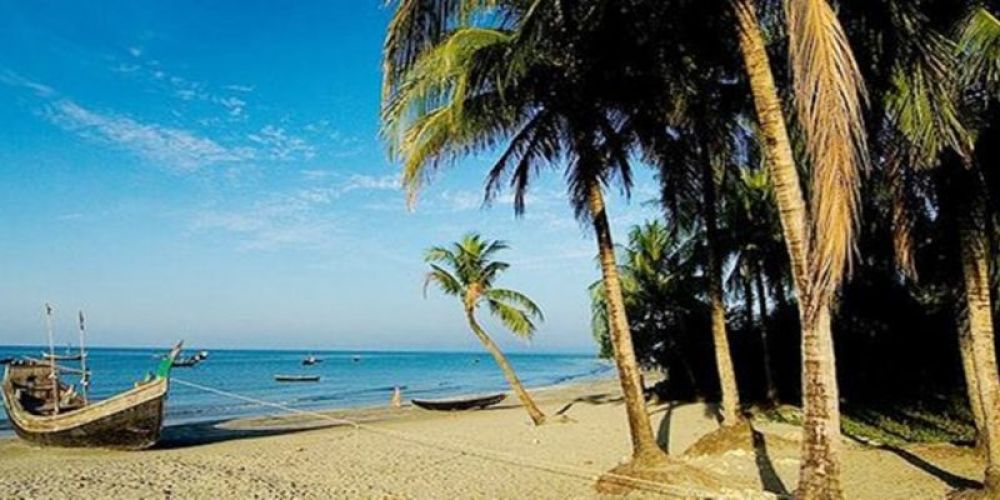

Saint Martin's Island, known locally as Narikel Jinjira (Coconut Island), is Bangladesh's only coral island and one of the most captivating destinations for tourists in the country. It lies in the northeastern part of the Bay of Bengal, about 9 km south of Cox's Bazar, and is a tropical cliché with all the essential elements of a classic island retreat.
Tourism on Saint Martin's Island has a relatively recent history. It was in the 1980s that it began to emerge as a tourist spot, drawing attention owing to its natural beauty, pristine sandy beaches, and crystal-clear water. Before this period, Saint Martin's remained a sleepy island inhabited by a small population of fishermen.
The government of Bangladesh declared Saint Martin's a marine reserve to protect its unique natural resources. Tourists originally were locals from the mainland, but over the years, it gained popularity among international travelers seeking unspoiled beaches away from the hustle of mainstream tourist spots.
In response to the growing number of visitors, the subsequent decades saw the growth of infrastructure with the establishment of hotels, resorts, and other facilities aimed at accommodating tourists while attempting to preserve the delicate environment of the island.
During the 1990s and 2000s, Saint Martin's Island experienced a tourism boom, with numbers increasing every year. The economy of the island transitioned significantly during this period, shifting from fishing to a service-based economy centered around tourism.
Tourism growth has not been without challenges. Concerns over environmental degradation, coral reef damage, and waste management have necessitated the implementation of measures to promote sustainable tourism practices. Consequently, efforts have been made by both the government and local communities to mitigate the negative impacts of tourism on the island's ecosystem.
Lately, the tourism industry on Saint Martin's Island has been witnessing a trend towards eco-tourism and sustainable travel. Visitors are increasingly interested in experiences that are environmentally friendly and culturally respectful. The local businesses are responding to this trend by offering services such as eco-friendly lodging, coral reef snorkeling tours with eco-conscious guidelines, and promoting local culture and handicrafts.
Another current trend is the development of digital platforms and social media promotion to attract tourists. With online bookings becoming more prevalent, tourists can conveniently plan their trips to Saint Martin's Island. Additionally, the introduction of improved transport facilities, with boat services becoming more comfortable and safer, has fostered the island's accessibility.
Today, Saint Martin's Island continues to be a favored destination for both domestic and international tourists, offering a serene escape and authentic Bengali Island culture. As the trend of sustainable and responsible travel gains momentum, Saint Martin's stands as a testament to the evolving relationship between nature and tourism. The local community and authorities are tasked with the essential responsibility of balancing the economic benefits of this influx with the preservation of this beautiful island's natural heritage for future generations.